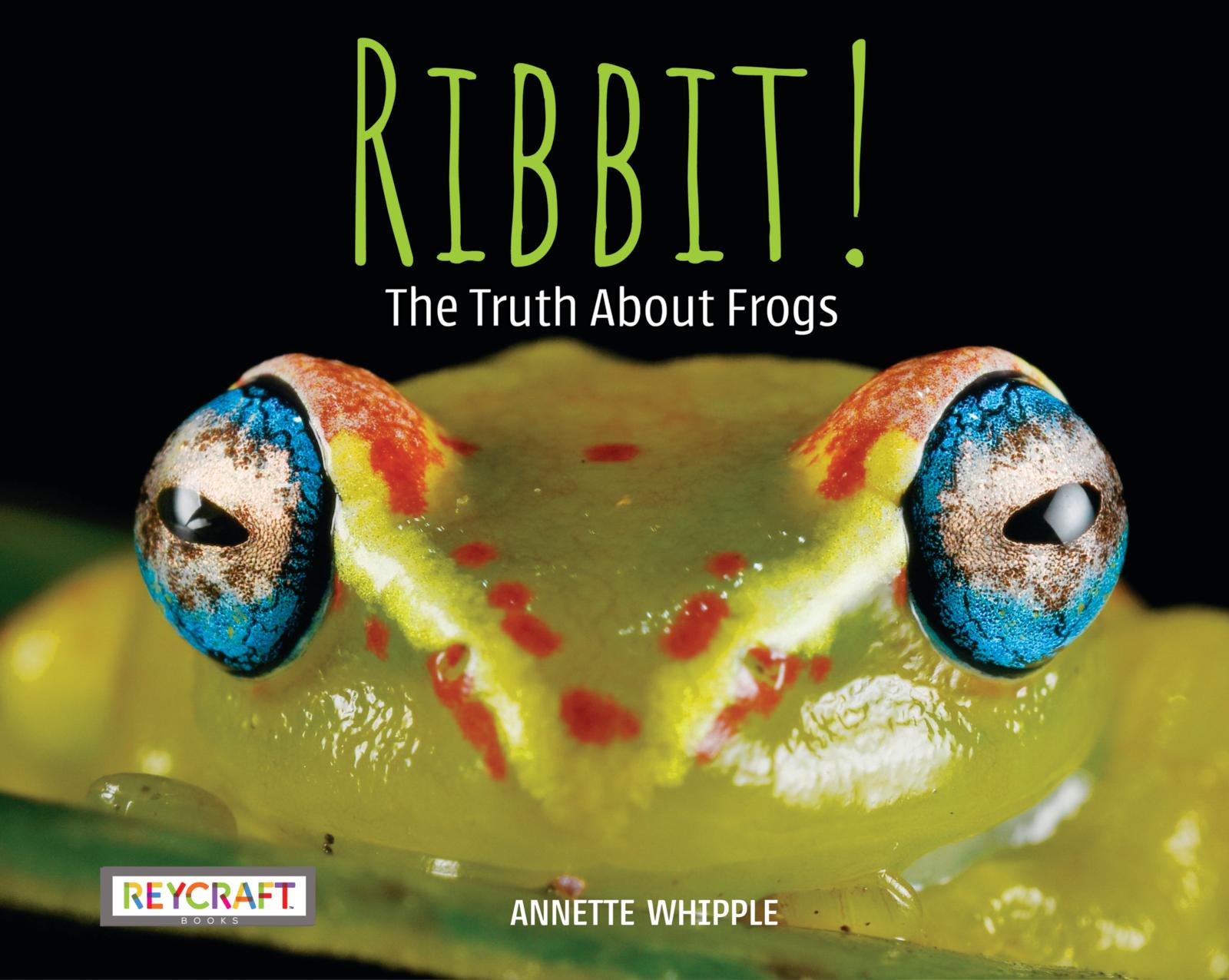Writer face rejection.
Agents. Editors. Even readers reject our writing.
But each rejection is proof of our effort.
Rejection’s part of the process to publication. But rejections
may leave us feeling like a failure. Like we’re not good enough to call
ourselves writers. Like we should give up on our writing dreams.
But that’s just a feeling. It’s not truth. Rejection
is not failure. Rejections prove you actively submit your work for publication. It shows effort.
Successful writers know they can’t succeed without
submitting. Even award-winning authors receive rejections. And with submitting, often comes rejection. But not always. Submitting also brings success.
100 Rejections
Eventually success comes, as writer and poet KatelynThomas knows.
Katelyn recently announced a peculiar goal. She wants to receive 100 rejections in
2020.
On Facebook, she asked if anyone wanted to join her
in the 100 Rejection Challenge and explained, “You submit your work with
the goal of achieving 100 rejections in a year, which means you are revising
and polishing your work and searching for new markets so you end up getting at
least some acceptances along the way.”
This isn’t her first year aiming for 100 rejections. She did
the challenge a few years ago with many acceptances. She also improved her
writing. And it was fun. That’s success!
Katelyn herself was inspired by others’ rejection stories.
Some people aim for 100 Days of Rejection. Others aim for 100 rejections a year (language warning).
I’ll say it again. Rejection is proof of effort. Like
that? Listen to The Institute of Children’s Writers podcast called Failure IsProof of Effort! (Then go ahead and subscribe. They’re fabulous.)
Keep Going
Learn from your rejections. Grow as a writer. Keep
practicing. Keep submitting. It takes effort to succeed as a writer. Don’t give
up. Keep going!
You will get published! What's your writing goal during 2020?


















Hi Annette,
ReplyDeleteYour January article, The Benefits of Rejection is the perfect way for me to make sense of my quest for building my rejection pile. I had read of authors compiling stacks of rejection letters before publishing and, instead of being discouraged, I dove in. Most of my writing friends looked at me, sure that I had chosen a poor path. Now I can clearly verbalize the method to my seeming madness. Thank you for adding another skill to my writers toolbox.
You're welcome! It took me a while to realize the rejections were proof of my effort, though I knew they were part of almost all writer's publishing journey. Best wishes!
Delete